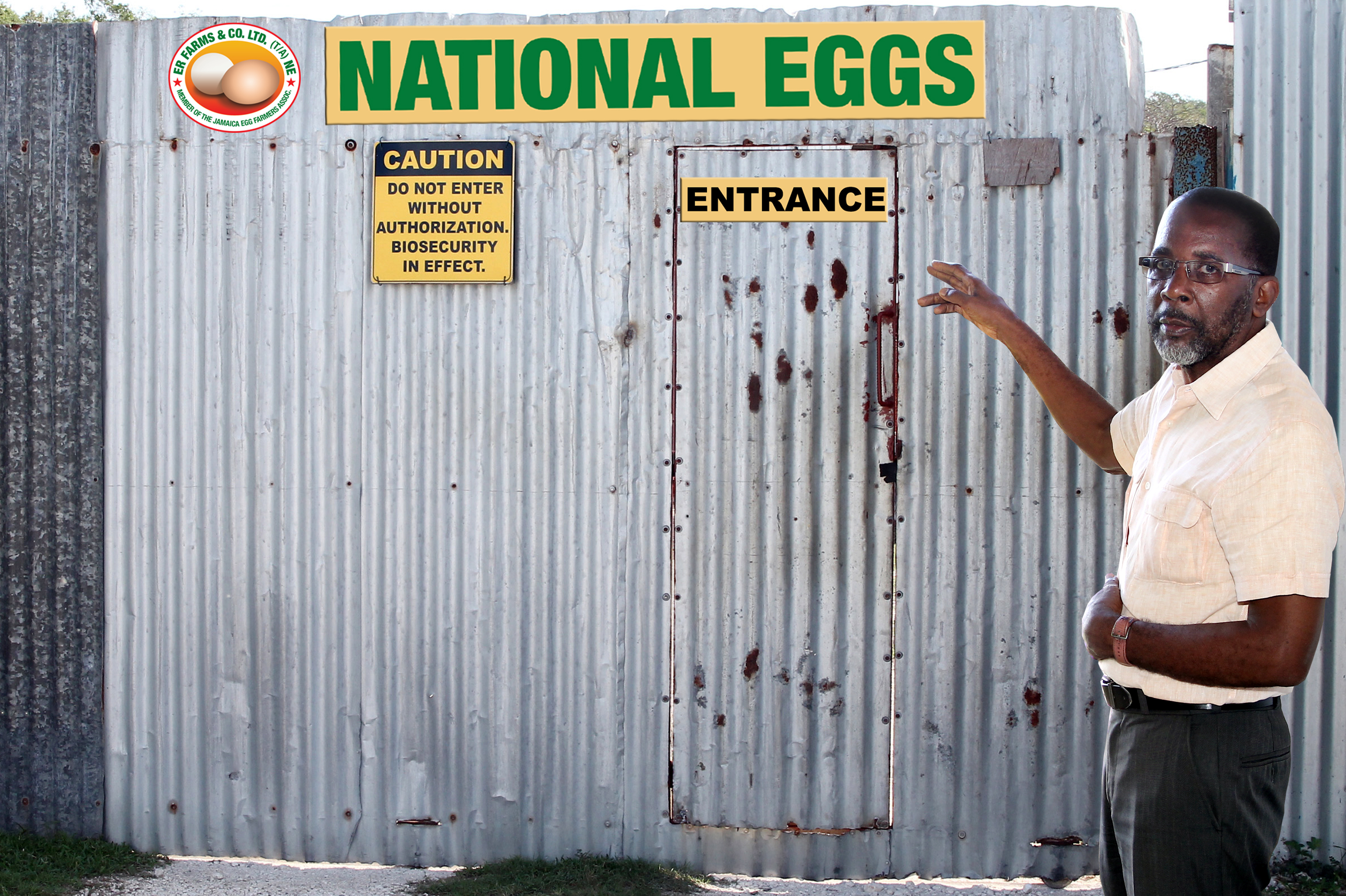Local Egg Industry on Growth Path
By: , December 1, 2014The Key Point:
The Facts
- President of the Jamaica Egg Farmers Association (JEFA), Roy Baker, attributes the improved performance to the re-organization and restructuring of the industry.
- He cites construction of the liquid egg plant in St. James as a boost for the industry.
The Full Story
The local egg industry has been making significant strides within the agricultural sector.
With just over 2,000 small and 100 large farmers spread across the island, the industry is projected to produce over 130 million eggs for 2014. This is more than what was produced in 2013.
President of the Jamaica Egg Farmers Association (JEFA), Roy Baker, attributes the improved performance to the re-organization and restructuring of the industry, which contributes over $5.5 billion to the Gross National Product (GNP). According to Mr. Baker, the association has been getting support from the Ministry of Agriculture’s Marketing and Information Division (AMID). The division drives the marketing thrust of the Ministry; conducts market-chain analyses and provides policy and planning information that will guide improvements in production, productivity, value-added and marketing in the industry. “A Committee consisting of members of AMID, egg farmers and other stakeholders has been convened to better manage the sector, and this is bearing fruit,” Mr. Baker tells JIS News. The JEFA was formed in 2000 and since then the industry has been growing by leaps and bounds.
“The local egg industry has been a success story. Since 2003 we have not imported table/shell eggs on a regular basis. There are occasions when we have hurricanes and during those periods we have to import in order to meet local demand,” Mr. Baker says.
He cites construction of the liquid egg plant in St. James as a boost for the industry. The facility was established in Montego Freeport in 2007, at a cost of $40 million. It was built in an effort to satisfy the demand for liquid eggs by hoteliers who were importing the commodity. The plant is operated through Caribbean Egg Processors Limited, a joint venture in which Caribbean Producers owns 50 per cent and Liquid Eggs Limited 50 per cent.
Mr. Baker says the entire hospitality industry was encouraged at the time by the Ministry of Agriculture to use liquid as against shell eggs, which was in keeping with what was happening in the developed world. “Farmers came under pressure because we were now losing the market due to the importation of liquid egg. It was another situation where we had to find an answer to importation, so the farmers bought equipment to produce pasteurized liquid eggs and we subsequently forged a partnership with the Ministry of Agriculture, which assisted in the setting up of the plant,” he explains.
The President informs that there are also plans to expand the initiative to get liquid eggs into supermarkets and schools. The JEFA operates under the CARICOM standard for the production of table eggs and have set up their own set of internal quality management monitoring system.

